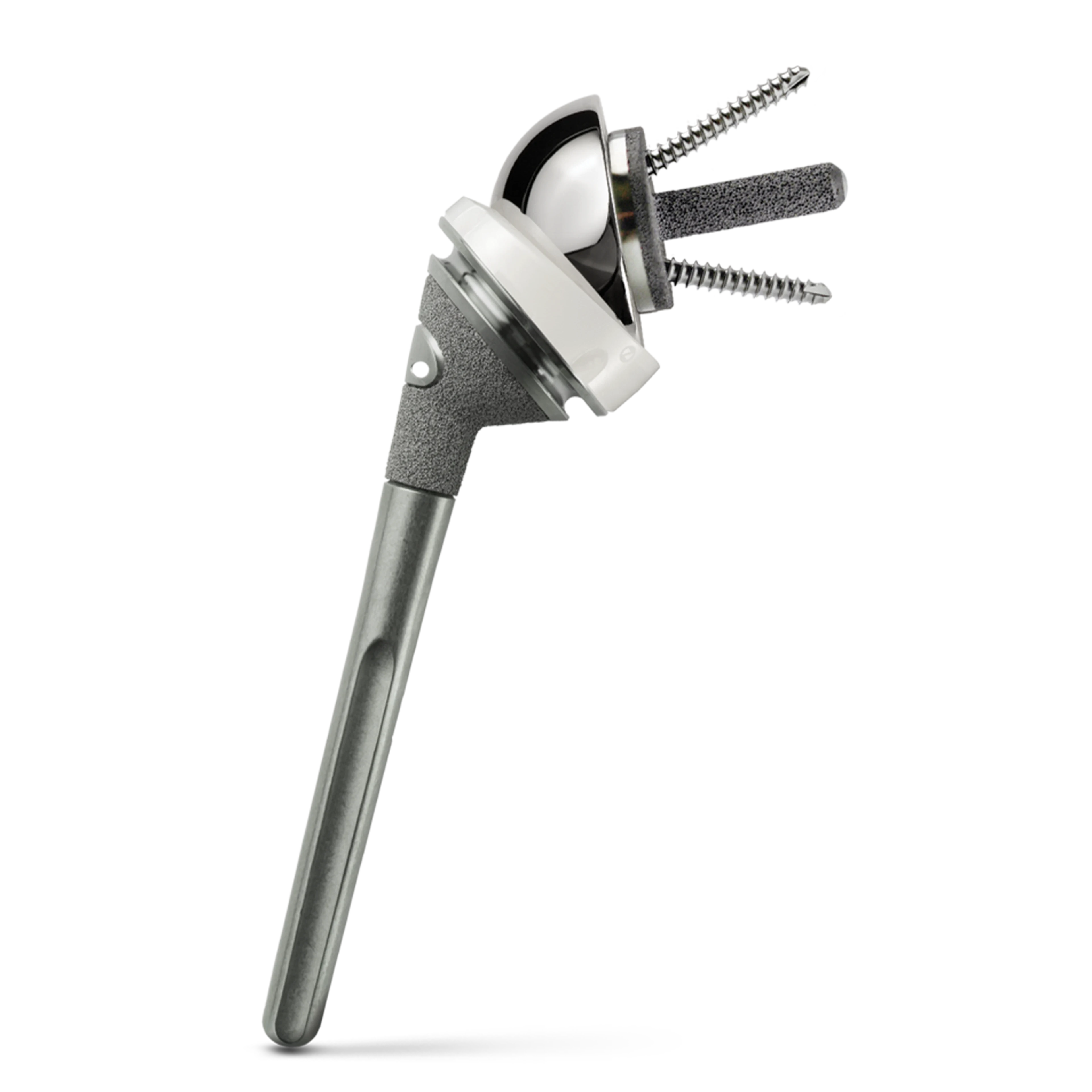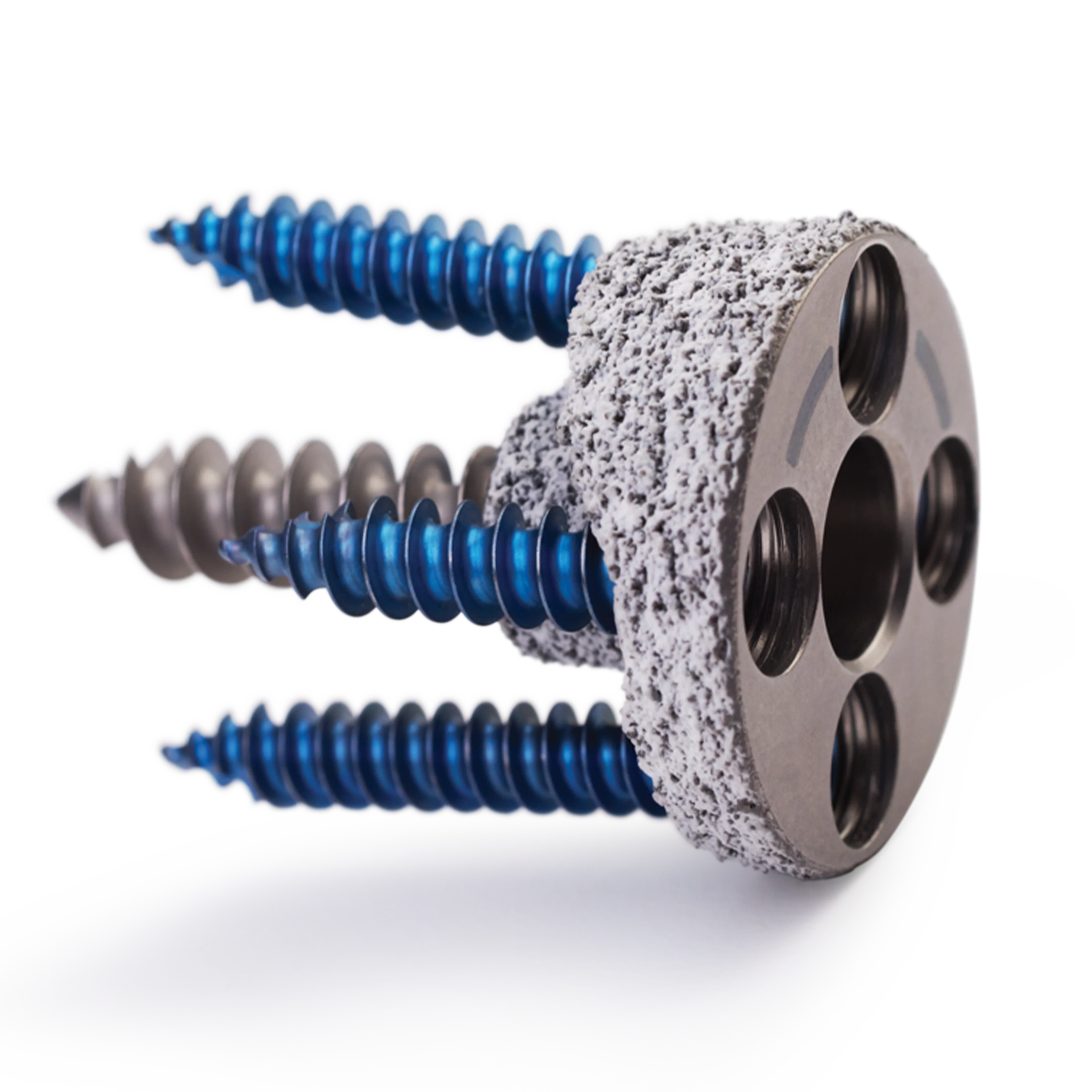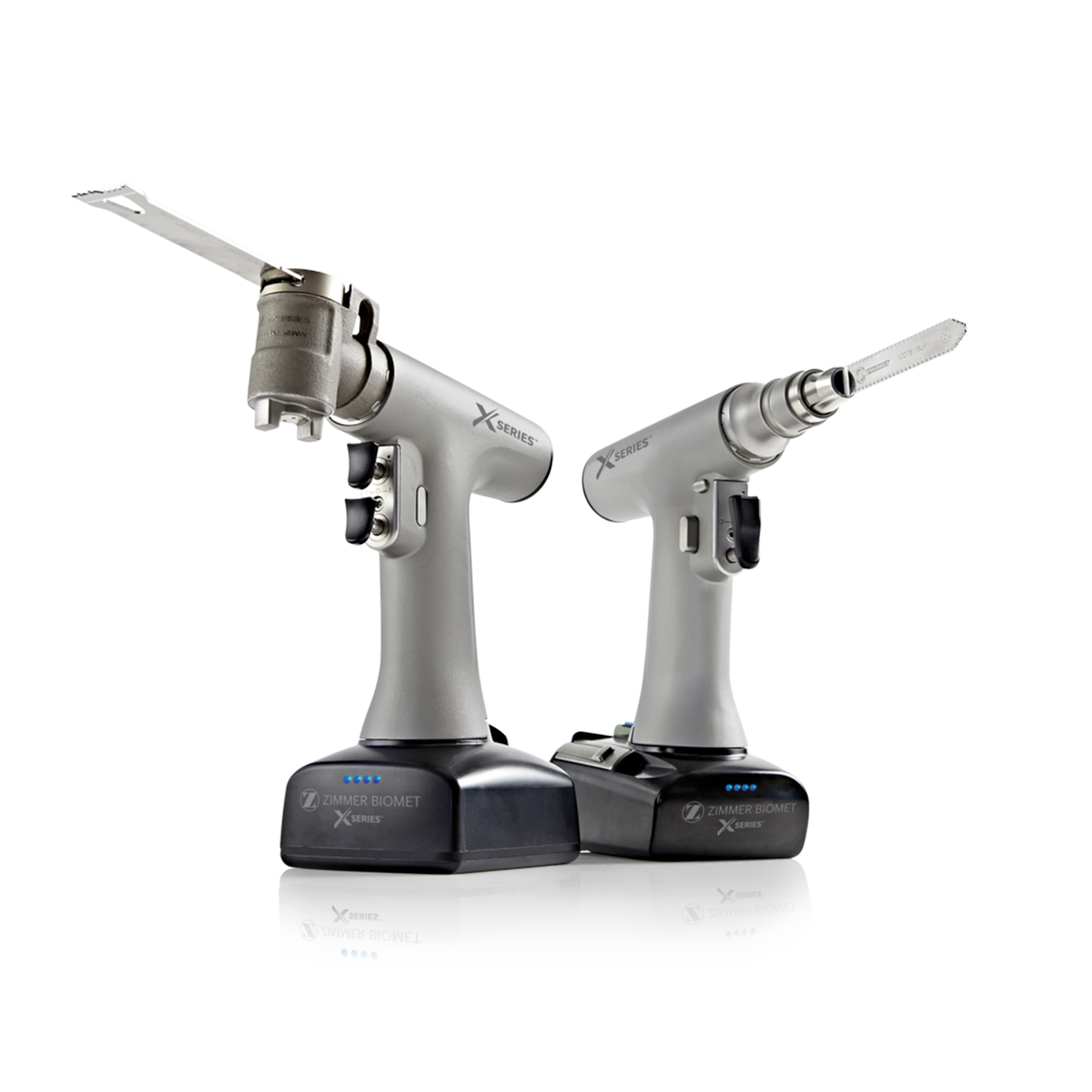Trabecular Metal® Reverse Shoulder System

Trabecular Metal® Reverse Shoulder System
Zimmer Biomet’s Trabecular Metal Reverse Shoulder System presents a comprehensive solution to meet the demands put on reverse shoulder systems.1,2
These objectives include: returning cuff-deficient patients to simple activities of daily living, optimising range of motion in the face of glenoid erosion, and tuberosity repair in complex fractures. Our Trabecular Metal Base Plate provides superior glenoid stability while the 60° humeral components reduce the likelihood of scapular notching.2,3
- Clinical Results
- 10A
10A ODEP Rating.4
- Features
- Scapular Notching Reduction
Reduced likelihood of scapular notching5,6,7
Less than 1% Grade 3 and Grade 4 notching at 16 months. Other studies have reported 6% or more2,8,9
Glenosphere COR lateral offset and inferior overhang reduce probability of impingement with the scapular pillar2
Humeral component angle of 150° helps provide greater clearance during adduction versus a “Grammont” prosthesis2
Greater screw engagement and less bone removal than convex base plate designs7
- Fixation and Range of Motion
Trabecular Metal Reverse Humeral Stem facilitates strong fixation, healing, and enhanced range of motion1,2,3
Seven years of clinical history with over 32,000 global implantations
Trabecular Metal material’s scaffold facilitates vascularisation and biologic in-growth1,2,3,10
High coefficient of friction between Trabecular Metal material and cancellous bone to enhance tuberosity fixation in three-part and four-part fractures
Extensive humeral liner and spacer combinations, ranging between +0mm and +18mm, to enable proper deltoid tensioning
Precise retroversion control optimises subscapularis and teres minor tension, to enhance internal and external rotation
Centre post lengths up to 30mm maximise bony engagement to minimise base plate micromotion
Centre of rotation (COR) lateral offset counters glenoid erosion2
- Matched Sizes
Non-Porous Humeral Stem portfolio designed to precisely match a range of humeral canal sizes11
6mm and 8mm stems to accommodate the smaller patients
200mm stems to facilitate revision from total shoulder to reverse shoulder arthroplasty
Intraoperative flexibility between Non-Porous Reverse and Trabecular Metal Reverse humeral stems utilising shared instrumentation



